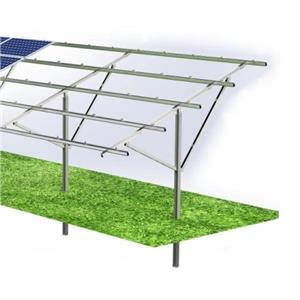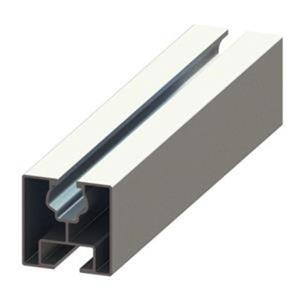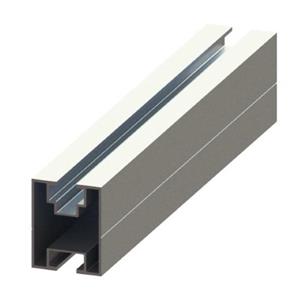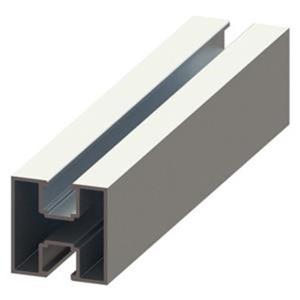Is your new home truly “Solar Ready?”
There is considerable confusion around the concept of a solar-ready home. While building regulations currently refer to a home being solar hot water ready, being solar PV ready is entirely different. Taking simple steps at the outset of a project can save a significant amount of money in the long run. According to the NRCAN guidelines, being solar ready implies one solar PV dedicated conduit of at least 2.5 cm (1″) diameter for a potential future solar PV system installation. Although a conduit is necessary for a solar PV installation, many other considerations must be taken into account, starting with the design phase.
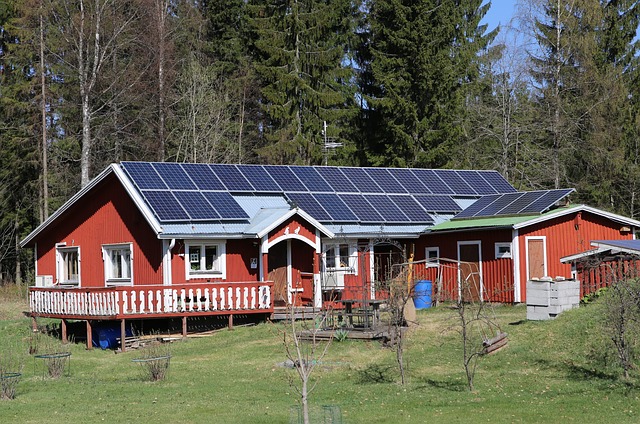
If you want to make your new home solar ready, there are several things to consider:
Roof orientation: Ensure that your new home has a large, open south-facing section and consider the angle of your roof to achieve the most energy production from your solar array.
Obstructions: Keep your south-facing roof, free of obstructions such as chimneys, plumbing stacks, attic vents, and skylights to enable you to place as many panels as necessary.
Conduits: Besides needing a conduit made of the appropriate material coming down from your attic, you must ensure that it runs down to the breaker panel. In addition, ensure that the conduit is large enough to accommodate the wire needed for the size of the array you require.
Truss design and loading: Although solar panels do not significantly add to your home’s structure, municipalities may require truss design and loading to be considered, particularly for a large solar array.
Internet: Ensure that you run an Ethernet cable from your router to where your inverter will be to avoid technical support calls related to accessing your solar monitoring software.
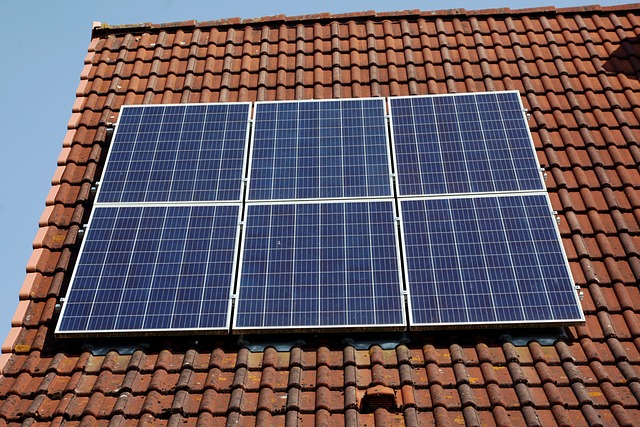
These are just a few critical considerations if you want your new home to be solar PV ready. Checking a few extra boxes during the design phase will save you time, money, and headaches when you are ready to install a system.

